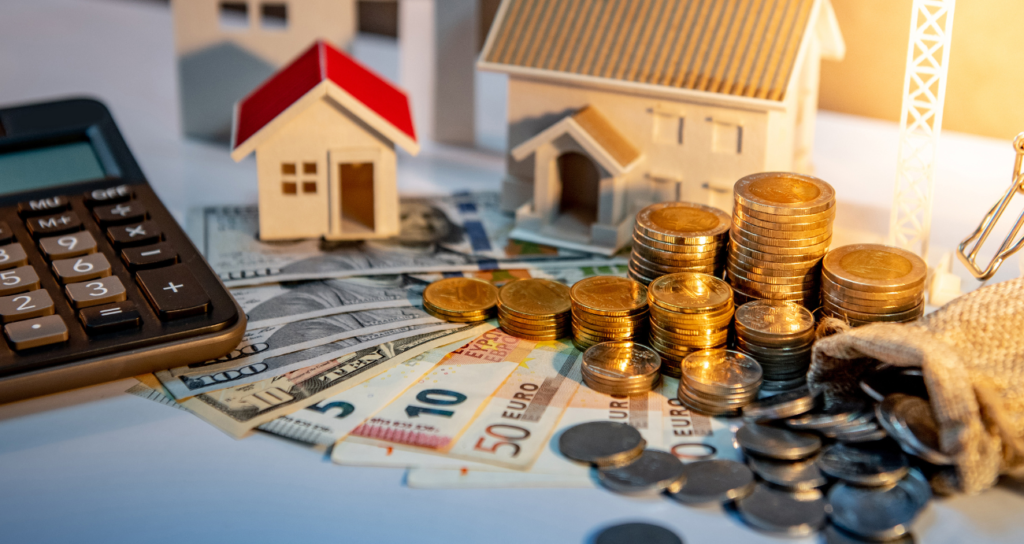The Third Leg of the Real Estate Investing – Part II

Property Fundamentals – Condition and Due Diligence
In our series on the 4 Legs of Real Estate Investing, we established that macro economic factors, market factors, location and neighborhood are crucial in deciding on a property to invest in. The next factor, assessing the property’s condition is of utmost importance. You want make sure that you, or the team you are investing with had conducted thorough and proper due diligence before purchasing a property.
Purchasing or investing in a real estate property is a significant investment, and conducting thorough due diligence is crucial to ensure you make an informed decision. In this blog post, we will outline the essential steps to follow when performing due diligence on a real estate property’s condition before closing on the property.
Visit the Property Multiple Times:
Visit the property at different times of the day to assess noise levels, traffic patterns, and the overall neighborhood ambiance. Walk around the property to inspect the exterior, landscaping, and any potential issues with neighboring properties.
Hire a Qualified Home Inspector:
Engage a reputable and licensed home inspector with expertise in assessing properties. They will conduct a comprehensive inspection to evaluate the property’s structural integrity, electrical systems, plumbing, HVAC systems, roofing, and other critical components. Review their qualifications, and experience, and ask for references to ensure their credibility. They will also give you an idea to what extent or how much
Review Property Documents:
Request and review important property documents, including the seller’s disclosure statement, past inspection reports, permits, warranties, and any available maintenance records. These documents can provide insights into any existing issues, repairs, or renovations carried out on the property.
Assess the Foundation and Structural Integrity:
A stable foundation is vital for a property’s long-term durability. Look for signs of cracks, settlement, or other foundation problems. Uneven floors, sticking doors or windows, and visible cracks in walls are red flags that should be thoroughly evaluated.
Examine the Roof:
Inspect the roof for any signs of damage, leaks, or aging. Consider the roof’s age, material, and overall condition, as replacing or repairing a roof can be a significant expense.
Evaluate Plumbing and Electrical Systems:
Ensure that plumbing and electrical systems are in good working condition. Check for leaks, water pressure issues, drainage problems, and signs of outdated or faulty wiring. Faulty systems can lead to costly repairs and potential safety hazards.
Assess the HVAC System:
Evaluate the heating, ventilation, and air conditioning (HVAC) system’s age, maintenance history, and overall functionality. Inquire about past servicing and energy efficiency to gauge potential costs or upgrades required.
Consider Pest and Environmental Concerns:
Inspect the property for signs of pest infestation, such as termites, rodents, or insects. Additionally, be aware of any environmental hazards such as mold, asbestos, lead-based paint, or radon. These issues can adversely affect both the property’s value and occupant health.
Seek Professional Opinions:
If necessary, consult specialized professionals such as structural engineers, electricians, or plumbers to assess specific concerns identified during the inspection. Their expertise can provide valuable insights and help you make an informed decision.

Conclusion
Conducting due diligence on a real estate property’s condition before buying is crucial for minimizing risks and ensuring a successful investment. By following the steps outlined in this guide, you’ll be better equipped to evaluate a property’s condition, identify potential issues, and make an informed decision about your investment.
These steps can be done by one or a combination of you, members of your team, or the sponsorship team that is purchasing the property. If you are not the one directly doing these things, ask these questions in detail to your team.
Remember, investing time and effort into due diligence can save you significant expenses and future headaches.
If you want to talk about how you can build and preserve wealth and generate passive income like the ultra-rich, set up a time to talk with me

Download a copy of our free e-book here to learn how dentists and other professionals can replace their income by passively investing in real estate.Subscribe to our email newsletter here.
Visit our Facebook and LinkedIn pages, or join our newsletter mailing list for articles, updates, and opportunities.